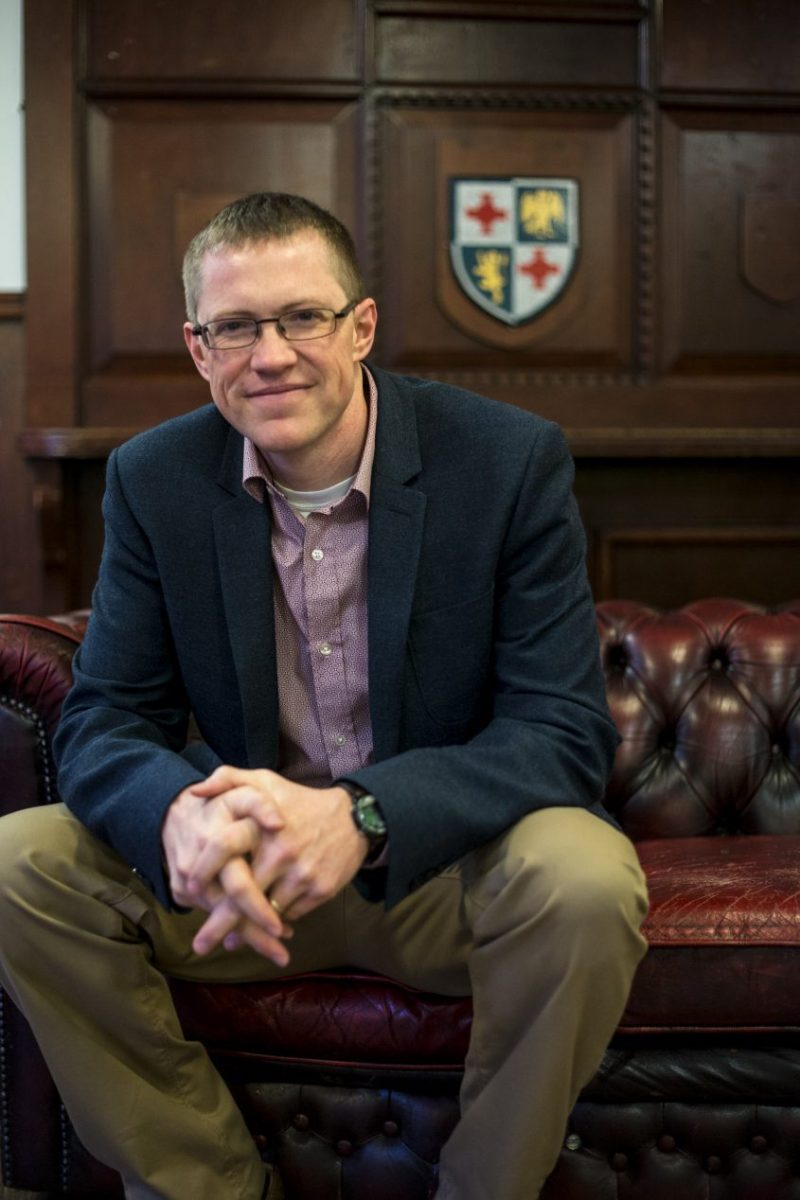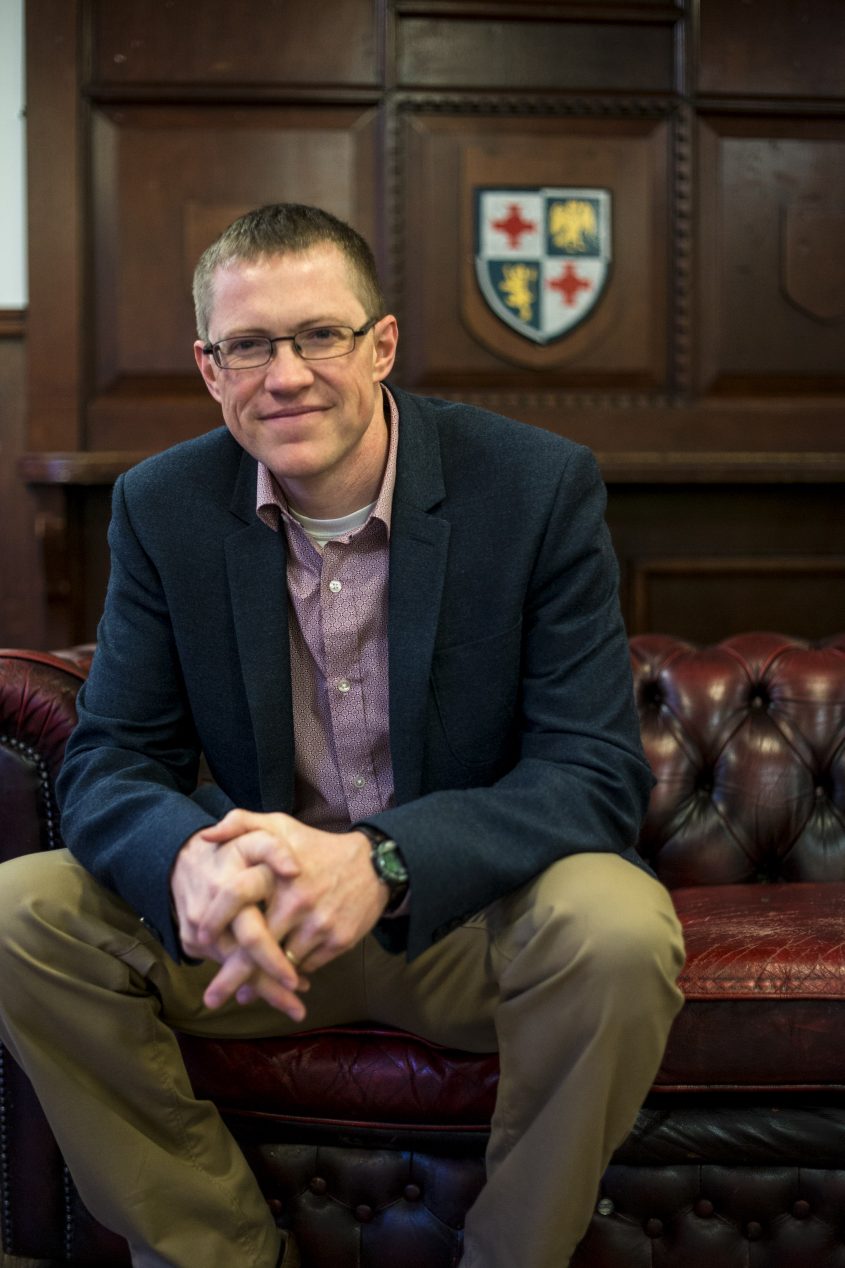
A Willingness to Cross Borders and Boundaries
Theology and biblical studies are fields of study formally practiced within institutional frameworks and disciplinary boundaries that tend to hedge off their wider collective impact from faith communities and the wider culture.
I propose that a “good” theologian/Bible scholar persistently resists those confines. “Theology” is a term that is met with reservation and even suspicion by many laypersons in faith communities that cherish these fields of study, but view them as commandeered by professional academics. Theology and biblical scholarship are often understood as stuffy, heady disciplines worked out behind the closed office doors of university faculty members. A widespread impression is that the proper domains of theology and biblical studies are university libraries, theological college classrooms, or esoteric conferences attended only by impressively educated specialists.
In the Christian theological tradition, the Incarnation of God in Christ is a central and evocative conviction. That mysterious event, however, suggests that theology cannot be confined to the safe domains of libraries, classrooms, or conferences because God himself has become flesh and wants to create a beautiful ruckus on the city avenues, in the country lanes, and in the pubs and gyms where everyday folks work, play, and live.
So “good” theologians and biblical scholars are willing to ply their craft in less academically conditioned contexts. They are embedded in other realms besides the library or those carefully manicured campus quads. If their subject matter is ever resisting the borders of the page, the classroom, and even heaven itself, then those of us who have taken on the mantle of rigorous study must be willing to puncture the walls, to voice an intelligible word in the marketplace.
~Andrew Byers, Director of the Free Church Track & Lecturer in NT, Cranmer Hall at St John’s College, Durham University





Now this is an excellent response. I was always taught that in communication it is the responsibility of the person sending the message to ensure that their listeners understand them. This means that when a good scholar/theologian wants to communicate they need to know who their audience is. And if it not understood by the believer in the faith community then he should they should not be surprised that they have this view of “theology”. In my opinion all believers are busy with a form of theology and biblical study. This comes from the fact that we love God so much that we want to know Him more. Each sermon should teach us about God, man and the relationship between God and man. We need theologians and biblical scholars that can aid the preachers/pastors and believers to do that. While most of theology is universal and unchanging there is a part that speaks to the context of the faith community. This should be the prime objective of all scholarly theologians, seminarians and universities. I know that scholarly theologians also need the assistance of other scholarly theologians and therefore will assume a certain teaching context but ultimately their studies need to end up with this prime objective. Imagine if Paul writing wrote only at his “Rabbinical training level”, the Mishnah and other Jewish work is exactly that . He preferred to use his limited time and means to share the gospel, write to teach and sustain the faith community and exhort them. It is evident from his writings that he must have had many theology discussions with his pears in the Jewish, Greek and Christian communities. I could use the word kerugma in formal dogmatic/ systematic theology but would rather use simpler constructs such as “So what?…Does this have any meaning for believers today?”. Is it nice to know or does it lead to hope, encouragement and spiritual growth?
So in conclusion… if their is a hedge between the faith community and the scholarly world it should be considered missing the point of it all. In South Africa, our universities has attempted to break this hedge and it sometimes lead to heavy personal attacks from those that want to maintain a certain worldview or understanding in the faith community… but the growth in understanding I see among ordinary believers, such as myself, proves that this endeavour should be encouraged. It has readied us with the more complex discussion about God with those that has lost faith, those that changed to other religions from Christianity and the ever growing atheistic/agnostic movements in our secular society.
I apologise that my responses are longer than the original text.
A good thoughtfully detailed contribution. Thank you Andrew Byers.
Thank you Andrew, great insights and thank you for your great explanation.
I am not a biblical scholar or theologian but was raised in a religious tradition. When I think of biblical scholarship and academic bible studies I appreciate an objective viewpoint which relies on rational thought and the scientific method. If you bring a viewpoint that encompasses the supernatural which is present in many faith communities then that is not academic biblical study and detracts from the credibility of the message. Perhaps “theologian” should not be lumped together with “biblical scholar” in the same sentence. They are not the same !